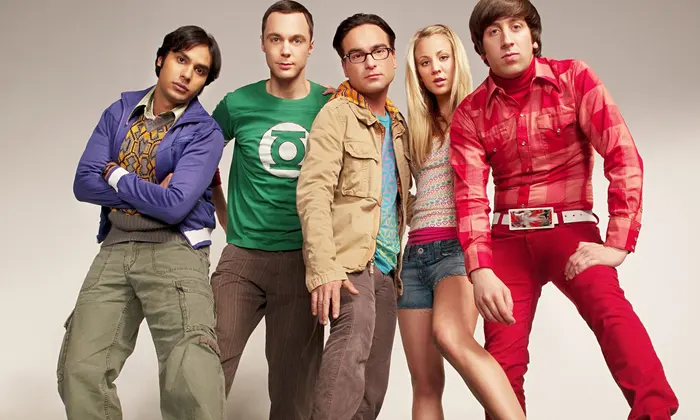
The Big Bang Theory’s Young Sheldon Tease Secretly Explained The Spinoff’s Inconsistent Canon
While The Big Bang Theory set up Young Sheldon via a clever cameo, this moment also secretly justified many of the spinoff’s mysterious canon revisions.

Young Sheldon plays fast and loose with the canon of its predecessor, the popular sitcom The Big Bang Theory. In The Big Bang Theory, Sheldon’s mother Mary is often portrayed as a bitter, mean person, whereas her counterpart in Young Sheldon is much more agreeable. Similarly, Sheldon’s grandmother Meemaw is depicted as an older version of his pious, traditional mother in The Big Bang Theory, but she is her daughter’s free-spirited opposite in Young Sheldon.
While the forthcoming Young Sheldon season 7 might offer more justification for these differences, the crossover between the two shows explained one reason for the inconsistencies. In The Big Bang Theory season 12, episode 10, “The VCR Illumination,” Sheldon came face to face with Young Sheldon’s hero when he watched an old videotape he recorded for his future self during his childhood. Sheldon hoped the tape would provide him with some inspiration, but was dismayed to discover his father taped over it with a high school football game. However, the tape did still answer a Young Sheldon plot hole.
The Big Bang Theory’s spinoff Young Sheldon was set up by the videotape that Sheldon viewed, with Iain Armitage appearing as his younger self. However, this scene also secretly explains one of the spinoff’s weirdest problems. Sheldon was horrified to realize the tape had been recorded over because he didn’t remember the message he recited for himself despite the character’s almost eidetic memory in other areas. This moment proved that the spinoff’s narrator wasn’t always reliable.
Sheldon’s failure to remember the message that he recorded for himself could explain why so many of his recollections in Young Sheldon contradict claims about the past that he made earlier in The Big Bang Theory. In that show, Sheldon complained that his father, George Sr, was a philandering drunk. In contrast, Young Sheldon depicted George Sr. as a pretty likable everyman. Similarly, Sheldon recounted a childhood defined by relentless bullying in The Big Bang Theory, but Young Sheldon proved that his early years only featured a few instances of bullying, none of which were particularly serious.
The Big Bang Theory’s Young Sheldon Tease Makes Sheldon’s Memory Confusing
Sheldon’s supposedly impressive recall is called into question by the spinoff
Jim Parsons and Iain Armitage as Sheldon Cooper from The Big Bang Theory and Young Sheldon
The Big Bang Theory’s spinoff runs into a familiar problem when it comes to its narrator, as the older Sheldon is often recounting stories that he couldn’t have known about at the time. He narrates the lives of Young Sheldon’s entire cast of characters, meaning the adult version of Sheldon can often be seen telling viewers about his grandmother’s love life, his brother sleeping with a romantic partner, and other stories that he wouldn’t have been privy to during his adolescence. However, this isn’t the biggest inconsistency in the spinoff. The state of Sheldon’s memory is also particularly unclear.
It is strange that Sheldon would recall this random nonsense phrase but not the substance of the message itself.
In “The VCR Illumination,” Sheldon remembers the phrase “Robot Monkey Butler,” a code designed to ensure that the tape’s viewer is Sheldon and not a replicant. It is strange that Sheldon would recall this random nonsense phrase but not the substance of the message itself. This makes the idea of Sheldon having a particularly impressive memory even more dubious and calls into question just how he ended up learning about the events he narrates. In Young Sheldon’s season 6 finale, the adult Sheldon narrates the destruction of Meemaw’s gambling room, an event that happened when he was in another country.